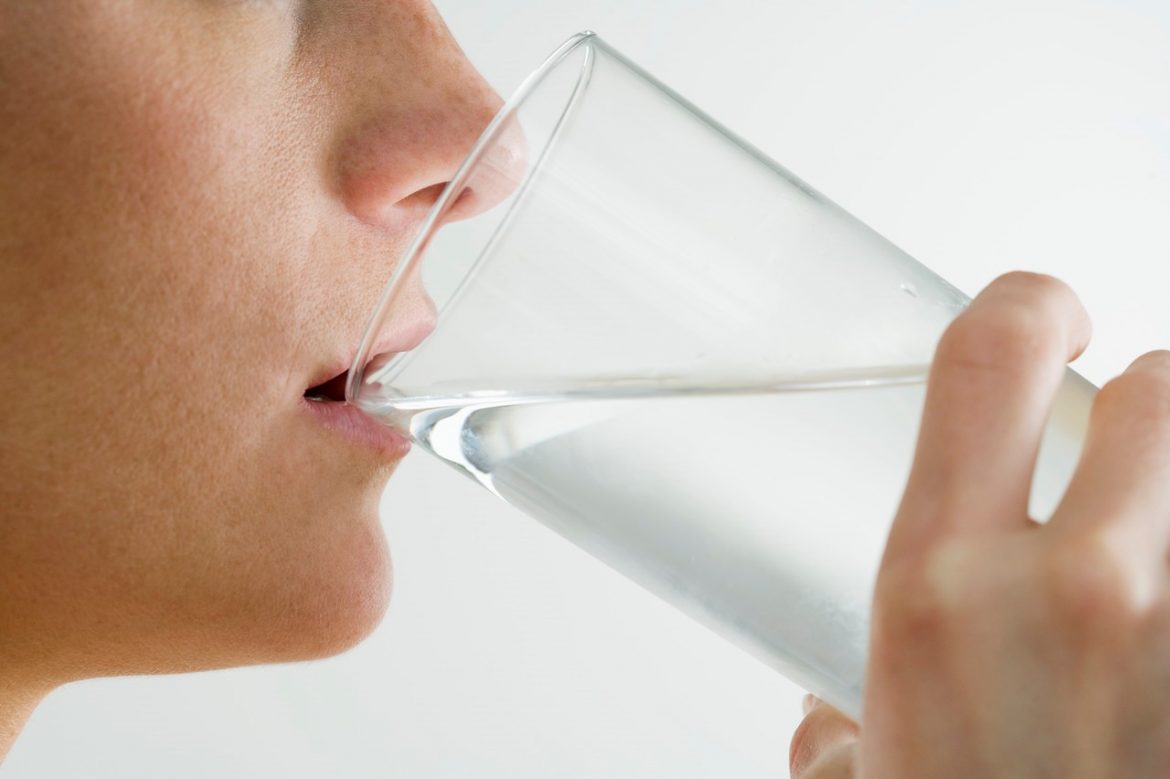Small and fast…
At least the life as we know it cannot exist without water. Researchers at the Ohio State University have provided the reason why: Life requires water because proteins, which are large and complex molecules, cannot fold by themselves to enable biological reactions and carry out their functions.
Small water molecules which surround them push and pull to make them fold to correct shape. The human body being 75-percent water, the process is completed without a hitch in tiny fractions of a second.
The team, led by physics, chemistry and biochemistry professor Dongping Zhong, made use of superfast laser pulses and supercomputer simulations to image the interaction of water with the proteins in the study published in the Proceedings of the National Academy of Sciences.
Water molecules move around each other at picosecond (trillionth of a second) speeds. Proteins, meanwhile, fold in nanoseconds (billionth of a second). On encountering a protein, water molecules slow down, but are still 100 times faster than a protein, Ohio researchers have found out. To initiate the folding, water molecules touch the side chains of the protein which bind and unbind with each other to enable folding. The protein folds nanoseconds later depending on the direction the water molecules move. But folding shape is not completely random, as the protein can fold into a few shapes depending on the types of amino acids they are made of.
REFERENCES
- 1. “Scientists glimpse why life can't happen without water”, Ohio State University, 20 June 2016

